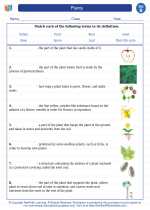Meiosis
Meiosis is a type of cell division that occurs in sexually-reproducing organisms. It results in the formation of gametes (sperm and egg cells) with half the number of chromosomes of the parent cell. This reduction in chromosome number is essential for sexual reproduction and ensures that the offspring will have the correct number of chromosomes.
Phases of Meiosis
Meiosis consists of two successive divisions, known as meiosis I and meiosis II. Each division is divided into phases:
- Prophase I: Chromosomes condense, and homologous chromosomes pair up and exchange genetic material in a process called crossing over.
- Metaphase I: Homologous pairs line up at the center of the cell.
- Anaphase I: Homologous chromosomes separate and move to opposite poles of the cell.
- Telophase I: The cell divides, forming two daughter cells, each with half the number of chromosomes of the original cell.
- Prophase II: The chromosomes condense again, and a new spindle apparatus forms in each of the two daughter cells.
- Metaphase II: Chromosomes line up at the center of the cell.
- Anaphase II: Sister chromatids separate and move to opposite poles of the cell.
- Telophase II: The cell divides again, resulting in a total of four daughter cells, each with a haploid number of chromosomes.
Significance of Meiosis
Meiosis is crucial for genetic diversity. Through crossing over and the random assortment of chromosomes during meiosis I, each gamete produced is genetically unique. This diversity is essential for the survival of a species and allows for the expression of a wide range of traits in offspring.
Study Guide for Meiosis
Here are some key points to remember about meiosis:
- What is the purpose of meiosis?
- Describe the phases of meiosis I and meiosis II.
- Explain the significance of crossing over during prophase I.
- How does meiosis contribute to genetic diversity?
- Compare and contrast meiosis with mitosis.
◂Science Worksheets and Study Guides Second Grade. Plants
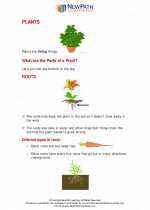
 Activity Lesson
Activity Lesson
 Activity Lesson
Activity Lesson
 Worksheet/Answer key
Worksheet/Answer key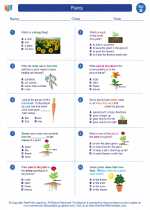
 Worksheet/Answer key
Worksheet/Answer key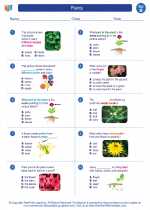
 Worksheet/Answer key
Worksheet/Answer key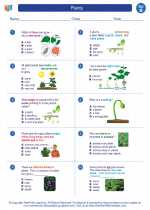
 Worksheet/Answer key
Worksheet/Answer key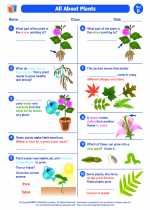
 Vocabulary/Answer key
Vocabulary/Answer key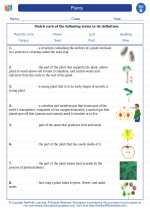
 Vocabulary/Answer key
Vocabulary/Answer key